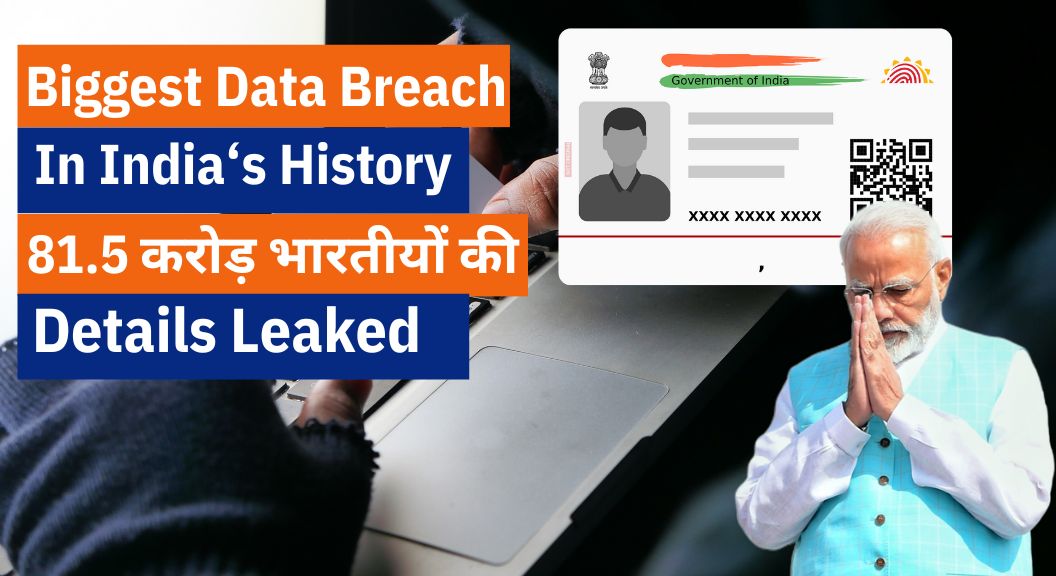Aadhar card data leak news: A cyber security expert stated on Tuesday that the data breach of 81.5 crore Indian people, which included sensitive information such as Aadhaar card and passport details, as well as names, phone numbers, and addresses, appeared “fake.”
Aadhar card data leak news
“Aadhaar data is safe,” said independent cyber security researcher Rajshekhar Rajaharia on X. The data breach of 81.5 crore Indians’ Aadhaar cards appears to be a hoax. The stolen data appears to belong to cell providers, and the source might be a third party.”
Sahara Refund Deficiency Communicated, Status, pdf, how to Check
UP Super TET 2023 Examination Date, Online Application Form, notification, Eligibility Criteria
extensive Aadhaar data breach?
According to him, a few lakh people’s data may have been stolen, and no evidence suggests that the data of 81.5 crore individuals was exposed.
“The hacker known as ‘pwn0001’ has a poor reputation on the dark web, and they’re the ones who asserted responsibility for the data leak. Another hacker group called ‘Lucius’ shared comparable data a few days earlier and has also been banned on the dark web,” he explained.
The data breach was discovered by the US-based cybersecurity and intelligence firm Resecurity, which stated that on October 9, threat actor ‘pwn0001’ made a posting on Breach Forums brokering access to 815 million ‘Indian Citizen Aadhaar and Passport’ details.
The analysts were able to contact the threat actor and learnt that they were offering to sell the whole Aadhaar and Indian passport dataset for 80,000 (more than Rs 66 lakh).
However, the threat actor refused to say how they received the information. Last month, cybersecurity experts discovered that the official website of Jharkhand’s Ministry of AYUSH had been compromised, exposing over 3.2 lakh patient details on the dark web.
According to the cybersecurity firm CloudSEK, the website’s 7.3 MB database contains patient information that includes PII and medical diagnoses.
The hacked material also includes personally identifiable information (PII), login credentials, usernames, passwords, and phone numbers for doctors. A threat actor known as “Tanaka” was responsible for the data leak.
